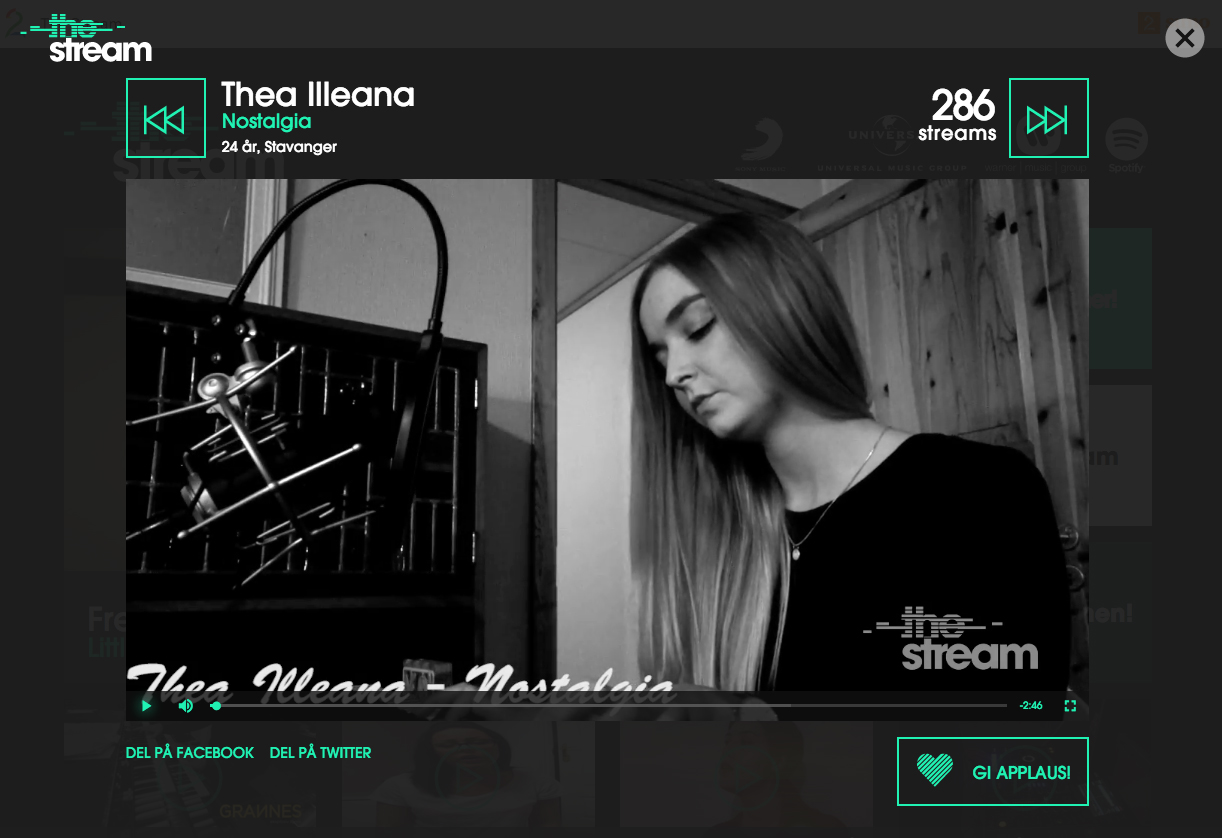By Fulton Bryant-Anderson
Guest Writer
For over thirty years, Nebraskan Dereck Higgins has been an artist who cultivates the human experience. Outside of art, Higgins worked as a mental health specialist. A prolific artist, Higgins has played in bands of varying genres, maintained a solo career and explored various mediums of visual arts. Most notably, Higgins is a member of long-running Omaha punk band RAF. Higgins’s music conveys the universal human experience with contrasting influences of spirituality, arts and personal experiences which constructs a sonic environment of familiarity albeit distant from Pacific Lutheran University. I spoke with Higgins over Zoom on a blustery December morning to hear his story and how it informs his music.
Origins
Higgin’s involvement with art is traced to his familial composition; a profusion of religion and musicians. As we conversed, jazz and rock came to the forefront as Higgins used oral tradition, he’d bounce to Chuck Berry in his crib and most importantly, it was “in time.” Combining the immediate surroundings of music and religion, it gave a sense of “universal liberation” according to Higgins which promoted self-expression, giving Higgins a way to elaborate and explain what he saw.
Total acceptance of reality?
The musical turning point Higgins came in 1964 with the Beatles performance on the Ed Sullivan Show. The guitars, the aesthetics, and Beatlemania were a “cosmic shock” which forever changed Higgins. The power of George, Paul, John, and Ringo left Higgins enamored, the same way the Ramones did in 1978 with their nuclear punk blast in Omaha.
Higgins wanted to explore sound, find out how we get to it, and share the common experience of music—the familiarity that we all share.
“Everything you play reflects your experience,” John Coltrane
As an African-American, Choctaw Indian, Irishman, and many more Higgins’s playing has been affected by racism. In 1975, his first rock band Restricted played King Crimson, Ted Nugent, and Kiss (Higgins’s least favorite) before management informed him that his black skin wouldn’t cut it while touring. The world was scared of a black man playing bass in a rock n’ roll band. Leaving music after this, an invite to join rock band Full Clip in 1979 started his foray into playing music regularly. From here Higgins played in six to seven bands while experiencing differing genres of jazz, funk, punk, and more to cultivate a unique sound that is reflected in his solo work.
Additionally, the human experience is explored in Higgin’s album art. Drawing from his own interests and a guided psychedelic experience, Higgins wishes to recontextualize the music in a new light using primarily collages and color. When asked about this, Higgins showed me his 2013 release, Sonospheres II which evokes double entendre, multiple meanings, and dualities while listening.
While miles away from PLU and our COVID bubbles, Higgins’s dedication to aesthetics, sound searching, and career arc embeds itself into his solo music. Whether it’s the searing riffs of RAF or silkiness of the David Nance Group, Higgins inserts his life into music and speaks through it. Ultimately, he transgresses popularity or “listens” to express himself in a “naked and honest” manner he told me in regards to live music. His solo career represents both individuality and intersectionality, unifying our human experiences while teaching us about others.
A good place to find Higgins is on his YouTube Dereckvon where he chats about music and current events. His music is readily available for streaming and purchase at https://dereckhiggins.bandcamp.com. A good starting point in Higgins’s diverse discography is 2013’s Sonospheres II and the tracks Hydrus and Bloched. As well, Monument on 02020 is a great lead into his recent work.



















